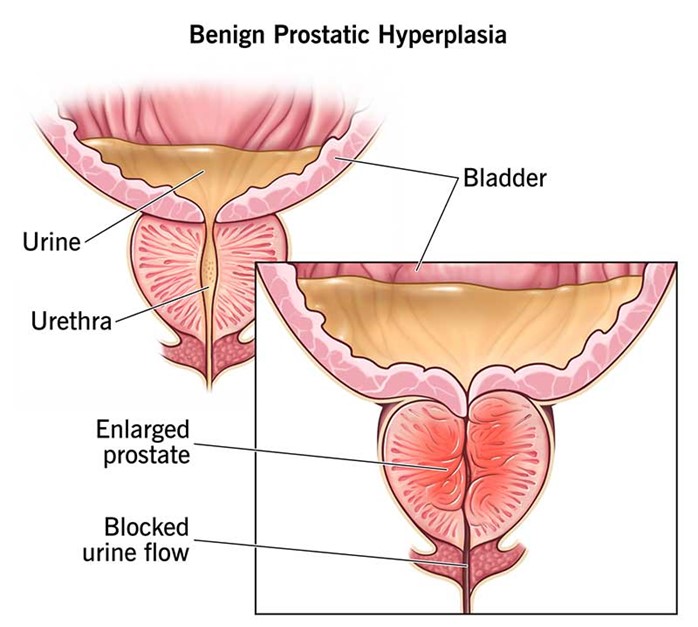A nurse is providing dietary teaching to a client who has a body mass index of 22. Which of the following actions should the nurse take?
Recommend a total fat intake of 12 g each day.
Refer the client to a weight-loss support group.
Advise the client to add 500 calories per day to the diet.
Encourage the client to continue current daily caloric intake.
The Correct Answer is D
Choice A reason: Recommending a total fat intake of 12 g each day is not an appropriate action for the nurse to take because it is too low for most adults. The recommended dietary allowance (RDA. for fat is 20 to 35% of total calories per day, which translates to about 44 to 78 g of fat per day for an average adult who consumes 2,000 calories per day.
Choice B reason: Referring the client to a weight-loss support group is not an appropriate action for the nurse to take because the client does not need to lose weight. A body mass index (BMI) of 22 is within the normal range, which is 18.5 to 24.9. A weight-loss support group is more suitable for clients who have a BMI of 25 or higher, which indicates overweight or obesity.
Choice C reason: Advising the client to add 500 calories per day to the diet is not an appropriate action for the nurse to take because it may lead to weight gain. A client who has a BMI of 22 does not need to increase their caloric intake unless they have other medical conditions or nutritional needs that require more calories. Adding 500 calories per day to the diet can result in gaining about one pound per week, which can increase the risk of obesity and its complications.
Choice D reason: Encouraging the client to continue current daily caloric intake is an appropriate action for the nurse to take because it can help maintain a healthy weight. A client who has a BMI of 22 has a balanced energy intake and expenditure, which means that they consume enough calories to meet their metabolic needs and physical activity level. Continuing current daily caloric intake can prevent weight loss or gain and promote health and wellness.
Nursing Test Bank
Naxlex Comprehensive Predictor Exams
Related Questions
Correct Answer is C
Explanation
Choice A reason: Dilute formula with 1 tablespoon of water is not a correct instruction for GER. Diluting formula can reduce the nutritional value and increase the volume of the feedings, which can worsen GER symptoms and cause dehydration and malnutrition.
Choice B reason: Place the newborn in a side-lying position if vomiting is not a correct instruction for GER. This position can increase the risk of aspiration, which is the inhalation of vomit into the lungs. Aspiration can cause pneumonia, respiratory distress, and death.
Choice C reason: Position the newborn at a 20-degree angle after feeding is a correct instruction for GER. This position can help prevent reflux by using gravity to keep the stomach contents down. The newborn should be kept upright for at least 30 minutes after each feeding.
Choice D reason: Provide a small feeding just before bedtime is not a correct instruction for GER. This can increase the likelihood of reflux during sleep, as the stomach will be full and prone to regurgitation. The last feeding should be given at least 2 to 3 hours before bedtime.
Correct Answer is D
Explanation
Choice A reason: The client's creatinine level of 1.0 mg/dL is within the normal range (0.6-1.2), but it does not indicate the effectiveness of the treatment for benign prostatic hyperplasia. Creatinine is a waste product of muscle metabolism that is filtered by the kidneys. High creatinine levels can indicate kidney damage or impaired renal function.
Choice B reason: The client's urine output of 35 mL/hr is below the normal range (40-60), and it indicates the need for further assessment. Low urine output can indicate dehydration, urinary retention, or kidney failure.
Choice C reason: The client's stool consistency and color are not related to the treatment for benign prostatic hyperplasia. Soft, brown stool is normal and does not indicate any problem with the digestive system.
Choice D reason: The client's ability to urinate without straining indicates that the treatment for benign prostatic hyperplasia has been effective. Benign prostatic hyperplasia is a condition in which the prostate gland enlarges and compresses the urethra, causing difficulty in urination. Treatment options include medication, surgery, or minimally invasive procedures to reduce the size of the prostate and relieve urinary obstruction.

Whether you are a student looking to ace your exams or a practicing nurse seeking to enhance your expertise , our nursing education contents will empower you with the confidence and competence to make a difference in the lives of patients and become a respected leader in the healthcare field.
Visit Naxlex, invest in your future and unlock endless possibilities with our unparalleled nursing education contents today
Report Wrong Answer on the Current Question
Do you disagree with the answer? If yes, what is your expected answer? Explain.
Kindly be descriptive with the issue you are facing.
